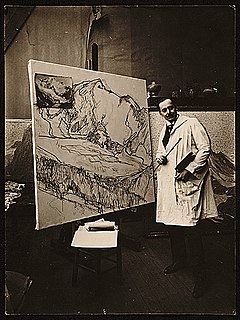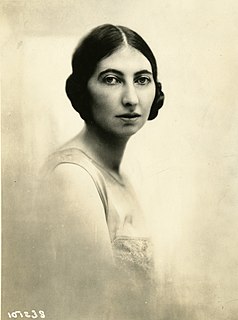A Quote by Og Mandino
Practice the art of patience for nature never acts in haste.
Related Quotes
Art on the contrary sought this harmony in practice [of art itself]. More and more in its creations it has given inwardness to that what surrounds us in nature, until, in Neo-Plasticism, nature is no longer dominant. This achievement of balance may prepare the way for the fulfillment of man and signal the end of (what we call) art.
Have charity; have patience; have mercy. Never bring a human being, however silly, ignorant, or weak--above all, any little child--to shame and confusion of face. Never by petulance, by suspicion, by ridicule, even by selfish and silly haste--never, above all, by indulging in the devilish pleasure of a sneer--crush what is finest and rouse up what is coarsest in the heart of any fellow-creature.
We underestimate the value of patience. It is possible that people might sometimes interrupt our meditation sessions or Dharma study, but they can never take away our opportunity to train in inner virtues such as patience. It is this mental training, rather than outer virtuous activities, that is the essence of Dharma practice.
Art is the microscope of the mind, which sharpens the wit as the other does the sight; and converts every object into a little universe in itself. Art may be said to draw aside the veil from nature. To those who are perfectly unskilled in the practice, unimbued with the principles of art, most objects present only a confused mass.
Meditation practice is like piano scales, basketball drills, ballroom dance class. Practice requires discipline; it can be tedious; it is necessary. After you have practiced enough, you become more skilled at the art form itself. You do not practice to become a great scale player or drill champion. You practice to become a musician or athlete. Likewise, one does not practice meditation to become a great meditator. We meditate to wake up and live, to become skilled at the art of living.



































